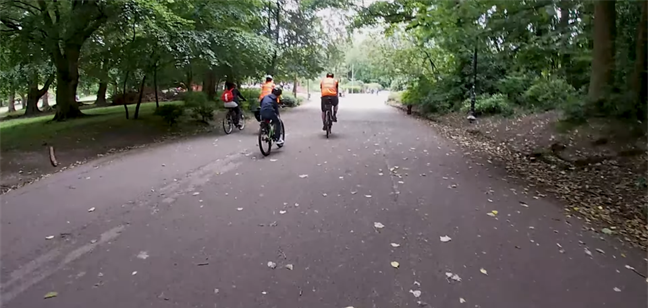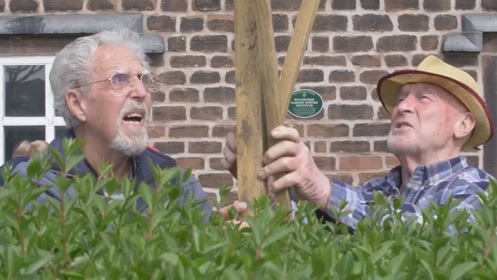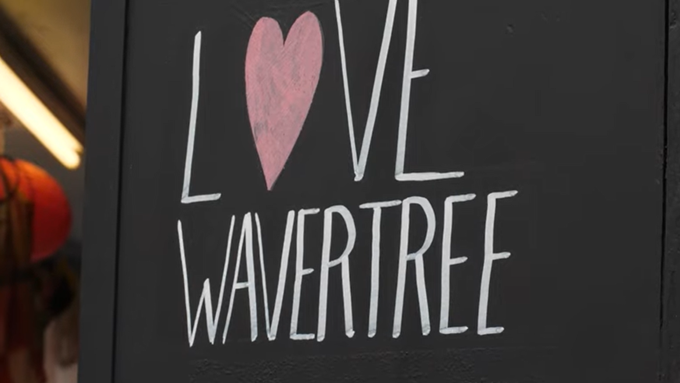What kind of media are needed to encourage more people to take up climate positive action?

This was a key question that led Elke Weissmann and Belinda Tyrrell from the University of Liverpool to conduct research into the role of local television for community groups in Wavertree, Liverpool, which was funded by the British Academy. They found a community brimming with ideas of how to address the impacts of climate change: encourage people into cycling, campaign against litter and waste, reduce food waste and plant sustainable gardens for a wider variety of wildlife. What Elke and Belinda also found was that all groups weren’t just talking about climate change – they also highlighted how the work they did was good for their mental health, for the community, and for helping those in need.

Together with their students, and under the direction of local film maker Phil MacDonald, they produced a number of television programmes which were screened at a local venue and distributed also via YouTube. These programmes told stories about the community, and about the positive action they took. And it highlighted to audiences, that there were lots of small things people could do. The positive messages of these groups created hope at a time when many people feel overwhelmed by eco-anxiety. While negative media stories about climate catastrophes produce paralysis and even denial in audiences, these positive stories seemed to inspire action. But it was crucial that these were local stories, because they made it very evident how easy it was to become involved.

If we want to transition to a carbon neutral way of life, then, we clearly need to hear these positive stories about local initiatives as well as the more negative ones. We need to find hope – but the findings also points to the fact that television needs to be reformed to allow for more local, and more community-led representation. It is communities that are actively engaged in climate action that articulate best what other benefits they get from doing what they do – including making their neighbourhood nicer, meeting other people and saving money on fuel or food. By showing us this, climate action appears no longer as this thing that rich people can do because they have money and time, but it highlights how deeply connected climate and social justice are.

